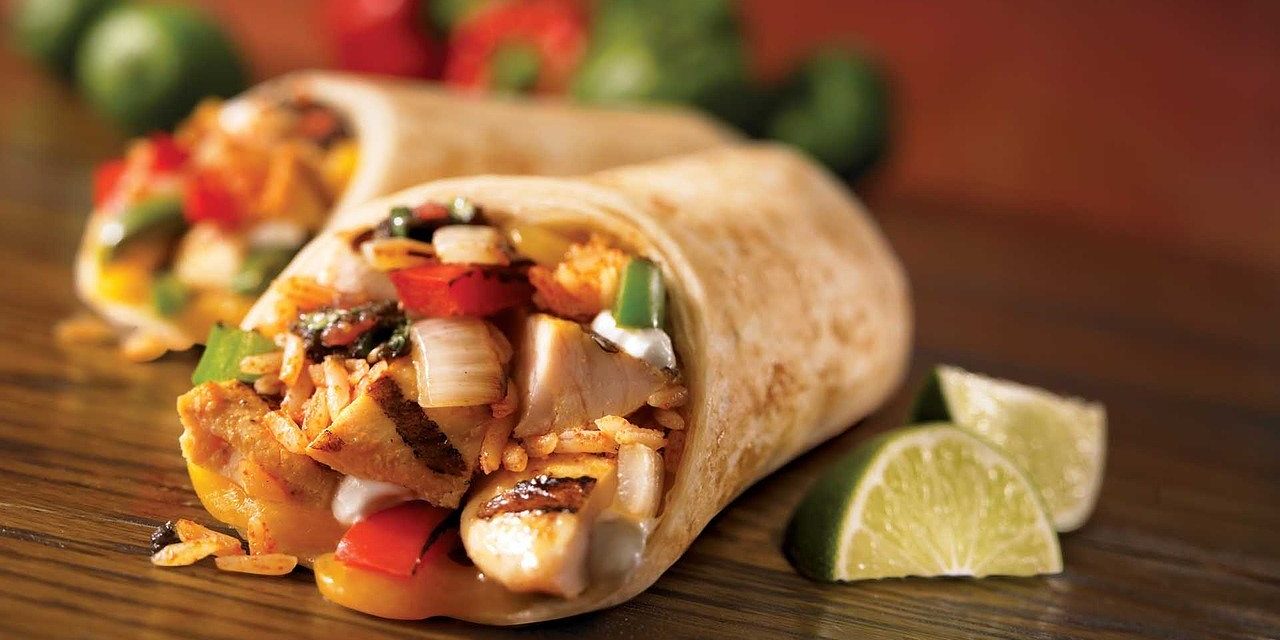Regina George is the alpha of the Plastics, a clique of popular girls setting the trends and manipulating their fellow high school classmates. So what does George, the antagonist in the popular 2004 movie Mean Girls have to do with agriculture?
Meet Steve Ells, founder of the 1993 born, burrito-making food chain Chipotle. As current Co-CEO, Ells is the leader and face of a collaborative movement leading trendy college students, millennials and other foodies to seek a quality product, quite frankly, under false pretenses.
Simply put: Steve Ells is agriculture’s Regina George.
For the past year, those of us in agriculture have been taking countless blows from Chipotle’s marketing team. In their inaugural media campaign Back to the Start, they discredit modern agriculture with a cartoon depiction of a disgruntled farmer (aka Chipotle) who turned away from present practices as pigs entered factories and exited “pumped up.” Next came Chipotle’s beloved Scarecrow, (again, aka Chipotle) who was forced to work in a factory where dairy cows were kept in weird box contraptions and chickens were injected with neon-green goo. Chipotle made a debut in the human acting arena with a soap opera type miniseries on Hulu: Farm and Dangerous. In four, 20 minute episodes, a young, “all natural” farmer named Chip, fights to expose a “big ag” company trying to replace all animal forage with petroleum filled pellets without proper research. And we can’t forget the plot twist: the farmer falls for and converts the “big, bad ag” CEO ‘s daughter to his GMO-free, pesticide free, “good” side.
Each advertising campaign falsely highlights Ells and Chipotle as the heroes in agriculture; brain washing viewers with their mottos: Food with Integrity, Obsessing over every ingredient and Farm to Face.
And it’s working for them.
Chipotle currently operates 1600 stores and is one of the fastest growing companies on the stock market, opening 200 new stores each year. Just like a high school girl, Ells is self-centered. Chipotle is skewing the truth for their economic and business benefit with no true concern for real integrity or their negative effect on those around them.
Case in point: Chipotle has now chosen to source beef from Australia. (to be fair, when they said Farm to Face, they never said WHAT farm).The burrito joint clams this decision was formed because there was no availability of their desired product, but we know the truth. Australia does not suffer from cold, long winters like here in the United States yet, they have an abundance of grazing land allowing for cheaper beef prices.
Every agriculturist knows that the United States is currently facing the smallest beef herds, historically, due to the last few years of horrible weather conditions. We also know there is nothing unhealthy, scary or factory-like about conventionally produced beef. However, if Chipotle wants to market grass-fed, raised without antibiotics beef, there are cattle a lot closer than the land “down under” with a much smaller carbon foot print (just think of the effect that transporting that beef across oceans has on dear Mother Earth).
American beef producers are taking a stand against Chipotle, and rightfully so.
Texas Commissioner of Agriculture Todd Staples wrote a letter to Ells saying, “Your decision to forego American beef is premature. In fact, the decision seems to abandon the work you and your company have accomplished in supporting local farming.” Similarily, Darrell Wood an organic, grass-finished beef producer of California shared his opinion on Chipotle’s actions and Responsibly Raised Beef in a blog from the Beef Check Off. Both encouraged meetings between producers and Chipotle.
We are blessed, among many other things to live in a country where a safe, abundant food supply is readily available. How can you market Food with Integrity, if you have no integrity and are only looking out for yourself and your bottom line?
I just hope that Chipotle’s story doesn’t end like Regina George’s; karma can be a you-know-what.
All posts are the opinion of the author and do not necessarily represent the view of the Animal Ag Alliance.







